The WFOT Congress 2022 is pleased to announce four keynote speakers who will join together to present their unique perspectives on the research, innovative practices and occupational models which provide global relevance and context for occupational therapy.
Topic: Research, innovative practices, occupational model: levers for a cyclical R-evolution.
Dr Eric Sorita
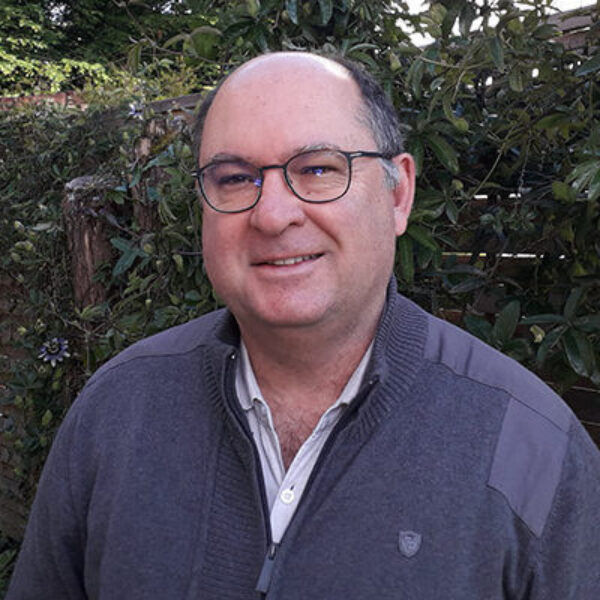
Perspective: The presentation will focus on the perpetual revolution in France, with human relationships at the centre of our focus while using emerging technologies.
Dr Eric Sorita is a French Occupational Therapist, who has had 20 years of experience in working directly in daily life environments, mostly with people with chronic acquired brain injury. With a PhD in cognitive sciences, he has been at the occupational therapy education programme at the Hospital of Bordeaux since 2012.
He recently joined the Institut Universitaire des Sciences de la Réadaptation at the University of Bordeaux. He is also part of the research team HACS at the University of Bordeaux for over ten years and his lines of research focus mainly on acquired brain injury cognitive rehabilitation, virtual reality use in rehabilitation and cognitive disorder impact in daily life occupations.
Dr Sortia, Dr Caire and Dr Pouplin will provide different perspectives on the topic; Research, innovative practices, occupational model: levers of a cyclical R-evolution.
Dr Jean-Michel Caire
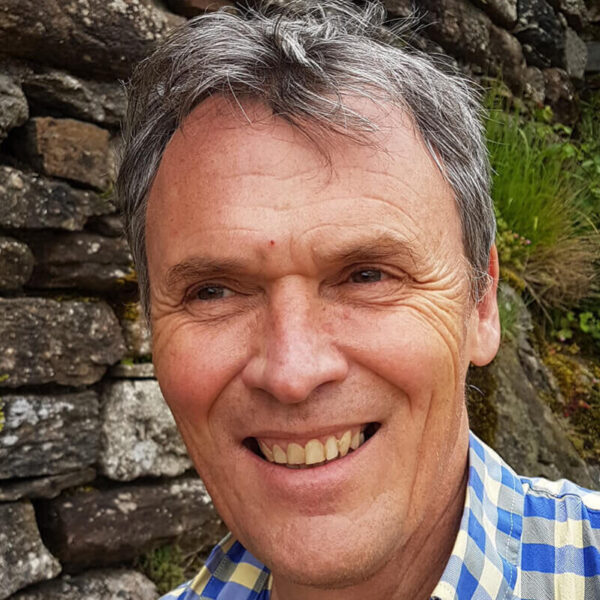
Perspective: The presentation will focus on a practical, methodological and conceptual revolution, notably based on the ‘Occupational Therapy Diagnosis’ implemented and taught in France since 2017, and the French model of occupational intervention, currently under construction.
Dr Jean-Michel Caire is an occupational therapist since 1987. In 2016, he opened the Occupational Therapy Training Institute of Toulouse. He is a Senior Health Executive in charge of the pedagogical direction of the Occupational Therapy Training Institute at the Toulouse University Hospital. He has a doctorate in educational sciences and is a research associate at the EVOLSAN laboratory at Paul Sabatier University and at the UMR-EFTS at Jean-Jaurès University.
He is a member of the scientific committee of the online journal RFRE, in charge of missions for the French National Association of Occupational Therapists (ANFE). He was coordinator of the "New practice guide, occupational therapy between concepts and practices" (2008) and "Engagement, occupation and health" (2018). He is involved in numerous writings in the field of occupational science. He is involved in the university reform of the initial occupational therapy program, reflection and development of a future French model in occupational therapy.
Dr Sortia, Dr Caire and Dr Pouplin will provide different perspectives on the topic; Research, innovative practices, occupational model: levers of a cyclical R-evolution.
Dr Samuel Pouplin
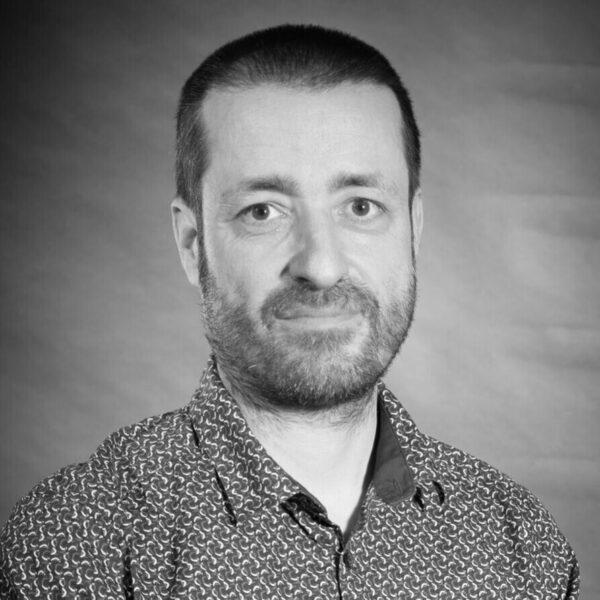
Perspective: The presentation will focus on the evolution of research in France with the universitarisation and the creation of research labs focused on occupational sciences.
Dr Samuel Pouplin is an Occupational Therapist PhD and Researcher at the ERPHAN University Research Unit, University of Versailles Saint Quentin, Paris Saclay (78) and clinical activities (New Technologies Platform, CHU Raymond Poincaré, APHP, Garches (92)).
He is Head of the ERPHAN Research Unit and his research focus includes Occupational Sciences, Social participation, Technological innovation and Handicap. His clinical activities range across expertise and evaluation in the context of recommending technical devices (IT, communication, home automation, robotics).
Dr Sortia, Dr Caire and Dr Pouplin will provide different perspectives on the topic; Research, innovative practices, occupational model: levers of a cyclical R-evolution.
Associate Professor Ana Malfitano
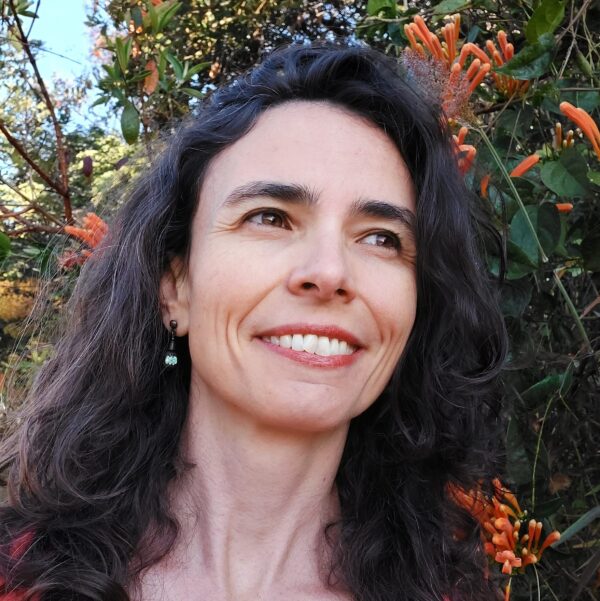
Perspective: An anthropophagy of knowledge proposition in occupational therapy: Driving our actions towards social life.
Ana Malfitano is an Associate Professor in the Occupational Therapy Department and the Post-graduate Program in Occupational Therapy at the Federal University of Sao Carlos, Brazil. Ana was involved in the creation of the Master in Occupational Therapy (started in 2010), and PhD in Occupational Therapy (started in 2015), the first one in Latin America. She teaches in undergraduate and postgraduate occupational therapy courses, including the supervision of Masters and PhD students.
She is Editor of the Brazilian Journal of Occupational Therapy. Ana’s career is focused on Social Occupational Therapy, which has been developed in Brazil, to deal with various inequities and social injustices. Ana is part of the Metuia Network, a Brazilian inter-institutional group, which develops teaching, research and community-university partnership in social occupational therapy. Her research focuses are on Social Occupational Therapy, Social Policies, Fundamentals of Occupational Therapy, Community, Youth, Citizenship, and Excluded Groups.
Priscille Deborah
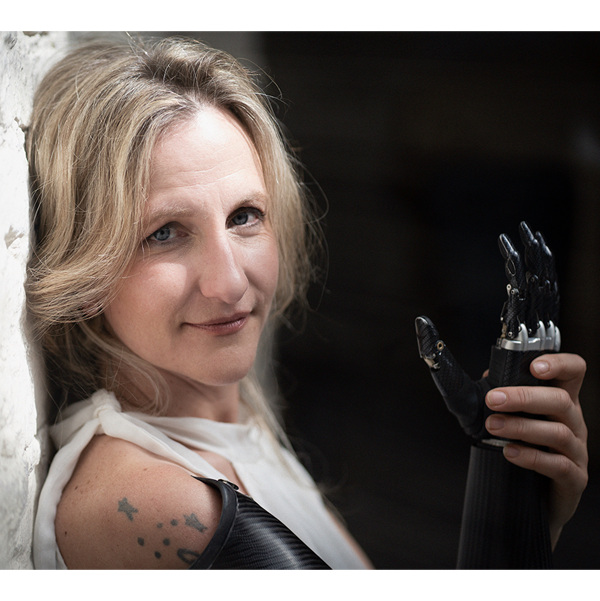
Perspective: From resilience to freedom.
After a career in film production, Priscille Deborah suffered from serious depression which led her to attempt suicide in 2006, after which she was left with a triple amputation. She was 31 years old. But this ‘big bang’ didn’t destroy her, it metamorphised her. While managing her disability, she decided to take her destiny in her own hands and become a professional artist, her lifelong dream. In addition, she rebuilt her life and formed a united family with her new husband, the daughter they had together and her elder daughter.
The first French person to benefit from a thought-controlled arm prosthesis in 2020, she tries to get people talking about disability, but also relies on neuroscience to say that, ultimately, it's up to us to live the life that suits us. Priscille Deborah is the author of ‘La peine d’être vécue’ (Les Arènes, 2015) and ‘Une vie à inventer’ (Albin Michel, 2021).
Image © Lou Sarda



